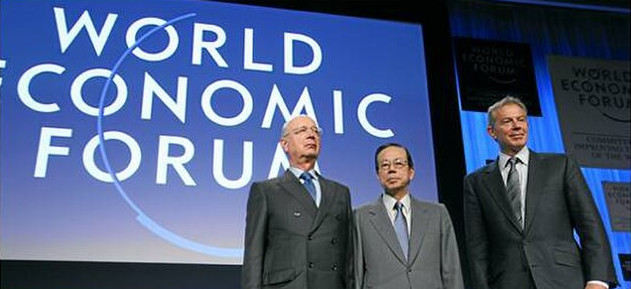A program was founded by Klaus Schwab of the World Economic Forum in 1993 under the name ‘Global Leaders for Tomorrow’ and was renamed to ‘Young Global Leaders’ in 2004. The inaugural 2005 class comprised 237 young leaders. Since then and to this day roughly 100 individuals a year have been introduced into the fold from around the world.
Young Global Leaders are nominated by alumni to serve six-year terms and are subject to strict veto during the selection process.
The YGL has been described as “the most exclusive private social network in the world” and the elitist nature of the program has drawn considerable attention.
The YGL program has faced its share of criticism and scrutiny. Some of the common criticisms raised against this and the World Economic Forum (WEF) include:
- Elitism and Exclusivity:
Critics argue that the YGL program, along with the WEF, is perceived as an exclusive and elitist gathering that primarily includes individuals from privileged backgrounds, global corporations, and political elites. They argue that this exclusivity may limit the diversity of perspectives and potentially overlook leaders from underrepresented regions and marginalized communities. - Influence of Governments and Corporations:
The WEF, as the organizing body of the YGL program, has been accused of being too closely aligned with corporate and government interests. Critics argue that this may result in a prioritization of business and economic concerns over social and environmental issues. - Spread of Ideology:
Critics question the true motives behind the YGL program say that it can easily be used for the propagation of ideas that are politically and ideologically biased. - Lack of Transparency:
Some critics argue that the selection process for the YGL program is not transparent enough, and there is limited clarity on the criteria used to select participants. They raise concerns about potential biases and lack of diversity in the selection process.
A sinister side of the WEF and the YGL?
Many hundreds of individuals have now been through the YGL pressure cooker and these people now hold positions of power in most countries in the world. In fact in 2017 the leader of the WEF Klaus Schwab boasted at their annual meeting in Davos that his organisation has infiltrated many governments. That was six years ago and there have been hundreds more sent out to do the work of Klaus since then.
Reaction to the video of this arrogance caused considerable reaction…
“It’s not just an idle boast. Our political leaders are using the WEF slogans. That is where the phrase ‘build back better’ originated. The WEF is supported by some very wealthy and powerful people like Bill Gates and George Soros, and its philosophy is backed by influential politicians like PMs and presidents, and by many of those in government who vote in the leaders.”
“He has already stated that he doesn’t want to change the world, he wants to change us! The end goal is Transhumanism by these psychopaths.”
“You will own nothing and be happy is one of his catchphrases.”
Transhumanism is a philosophical and cultural movement that advocates for the use of technology to enhance human capabilities, both physically and intellectually. It explores ideas related to artificial intelligence, genetic engineering, life extension, and human-machine integration.
An exclusive club with a global intention
Many people, are very suspicious of the WEF and YGL. Over the years, their concealed intentions have slipped out of the mouths of graduates from this exclusive club and now that they have so much influence from before and after Covid, alarm bells are ringing right around the planet.
To watch a video of Klaus Schwab boasting and criticism of the WEF, click Here.
